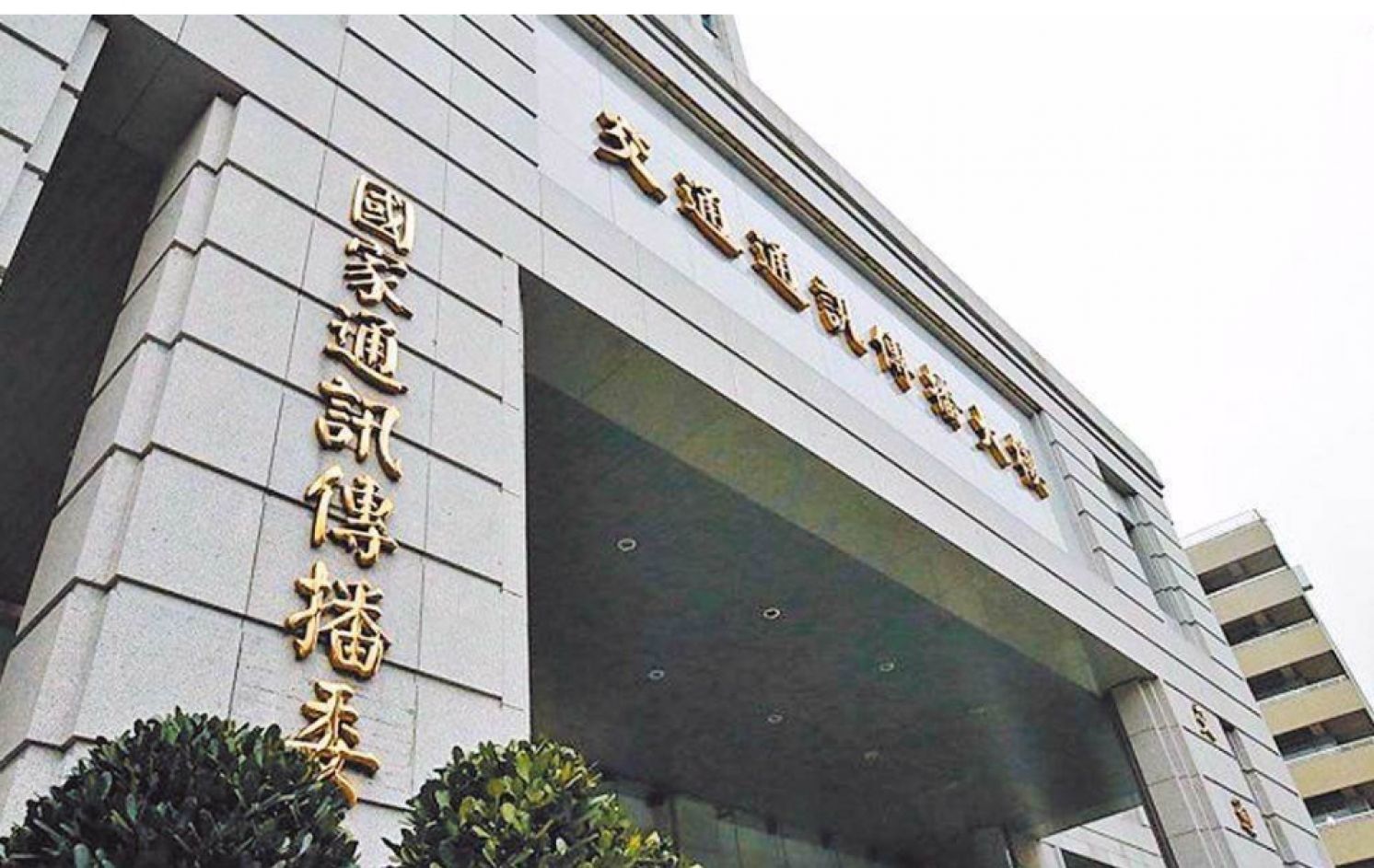
With Forthcoming Elections, NCC's Blatant Plot to Regulate Online Platforms
United Daily News Editorial, June 30, 2022
The National Communications Commission (NCC) passed a draft “Digital Intermediary Services Act” yesterday, which will likely put all designated online platform service providers that account for more than 10 percent of the market, including Dcard, Facebook, YouTube and other well-known platform operators, under the scope of management. At a time when local elections are less than five months away, followed by presidential and legislative elections in 2024, the NCC’s initiative to promote legislation at this juncture merely shows its ill intent known to all.
The most controversial point of this draft act is that the service providers must establish a notification and response mechanism. If the government agency in charge believes that an online speech is illegal, it can appeal to the court for an "information restraining order" to remove or restrict access to the illegal content. If rumors or disinformation are identified before the ruling of the court, it can "temporarily insert a punitive warning."
Although the NCC stated that it has not added or changed the definition of "illegal content" on the Internet, it will neither identify what is illegal content, nor demand operators to remove such content. However, the NCC will "intermediate with the heads of various ministries and commissions to determine whether the content is illegal." In fact, the so-called heads of ministries and commissions are all government agencies that hold public power and should be supervised by public opinion. How much courage do online platform operators have to resist the government's accusations of "fake news or rumors" while there are conditions for huge penalties and given that "businessmen normally do not offend the public sector?” This act, without a doubt, has actually given the government supreme power to exert control over online speech.
As soon as the draft act came out, it really triggered a high degree of backlash from the online community and service providers. Aside from content issues, there is a key factor that the government under President Tsai Ing-wen, including the NCC, has had a long history of inapt conduct. Over the past few years, the NCC has long abandoned its duty as an "independent agency", evidenced by incidents such as CtiTV News television channel’s revocation of its license. The Tsai administration has abused its power to sue, litigate, and punish the "false information" it has identified. The situation is getting more serious, and even online comments that have nothing to do with factual statements have been sued. In case such a powerful weapon falls into the hands of the current government, it is conceivable what the consequences will be.
What is even more questionable is that the bill to regulate online platforms has been debated for a long time, and the controversy has never been eliminated. Why is the NCC pushing it at this juncture? What is the urgency of the matter? Nevertheless, from a political point of view, it makes much more sense. Judging from the legislative process of this draft act, 60 days after its announcement, the NCC and the Executive Yuan will pass it, and it then will be forwarded to the Legislative Yuan for adoption. In other words, as long as the Tsai administration works together, and even if the "freezing period" of consultations is added, the process of legislation may be completed in October this year. In this way, it is just in time for the nine-in-one elections at the end of the year. Even if it fails to catch up with the nine-in-one elections, it will come in handy in the 2024 presidential and legislative elections.
One of the key factors for the Democratic Progressive Party's disastrous defeat in the local elections in 2018 was the change in the trend of the Internet, which guided voters' voting intention. For instance, "Eradicate East-Factory” (notorious espionage agency in the Ming Dynasty), a political slogan against the DPP, and President Tsai's "photos of inspecting the flood in an armored vehicle" went viral, making voters decide to teach the DPP a lesson. Now that the Internet is highly controlled, and if there are relevant reports, pictures or texts exposed, the Tsai administration can immediately identify them to be illegal, and ask the court to remove them off the shelves.